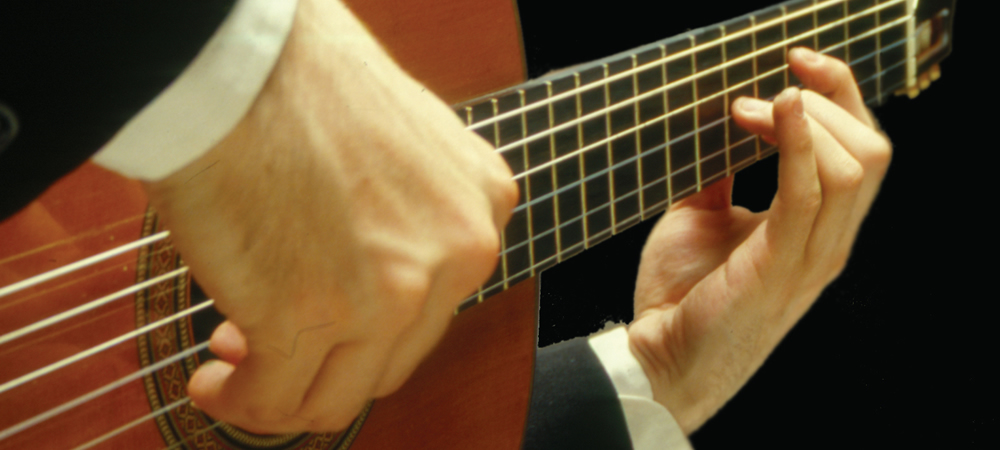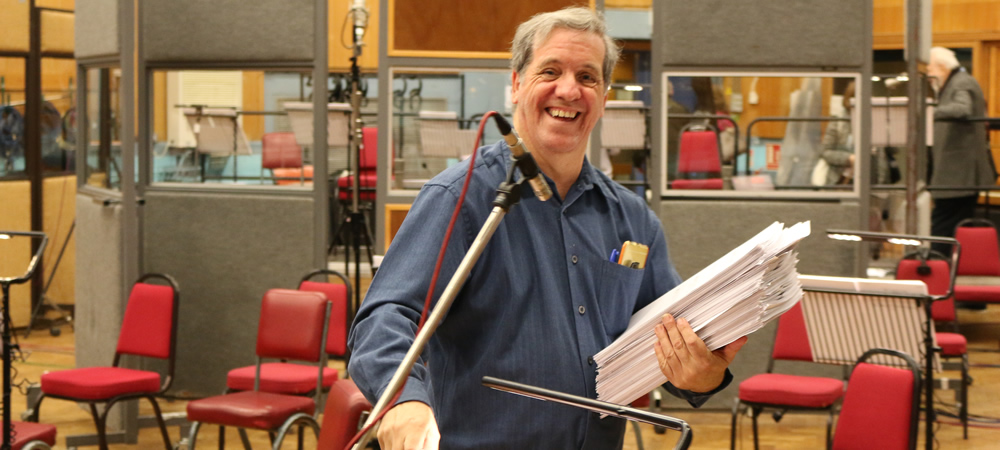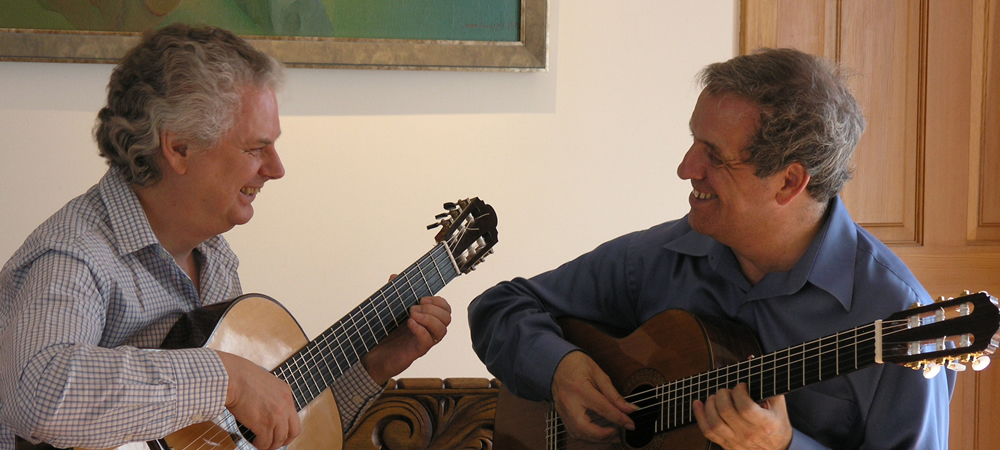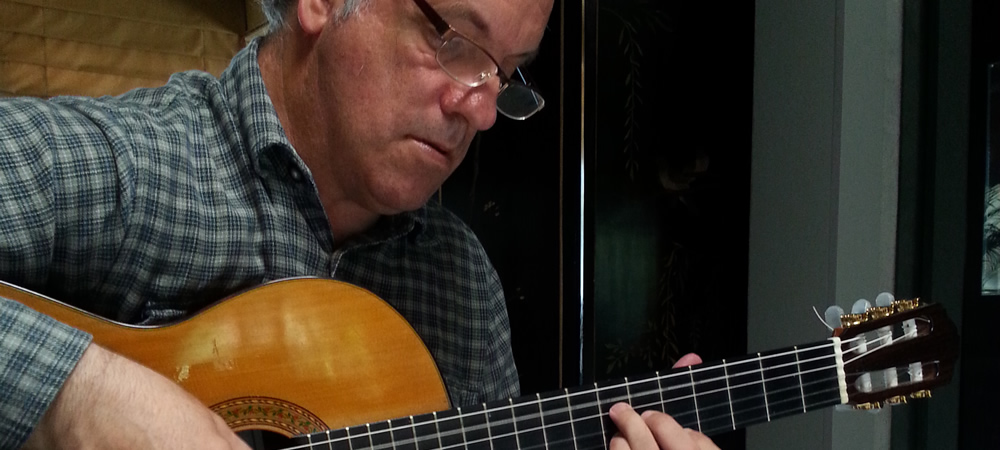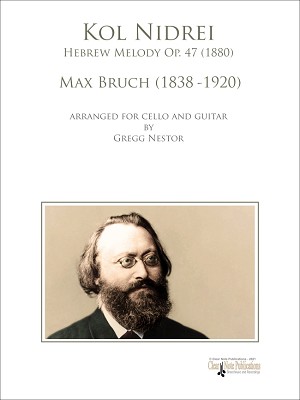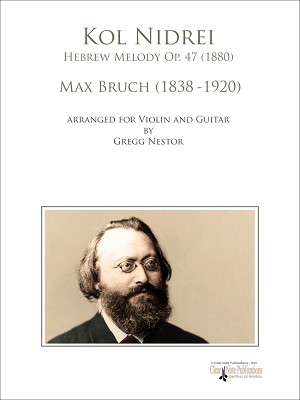Max Bruch (1838-1920) had a long career as a teacher, conductor, and composer, moving among musical posts in Germany: Mannheim (1862-1864), Koblenz (1865-1867), Sondershausen (1867-1870), Berlin (1870-1872), and Bonn, where he spent 1873-78 working privately. At the height of his career he spent three seasons as conductor of the Liverpool Philharmonic Society (1880-83).
Kol Nidrei Op. 47, was one of the first pieces he set about composing when he took up his post as Principal Conductor of the Liverpool Philharmonic Orchestra in 1880. It was composed specifically for Liverpool’s Jewish community, taking as its inspiration two traditional Hebrew melodies. The first, heard at the outset, originates from the traditional Jewish service on the night of Yom Kippur; the second is an extract from a musical setting of the Byron poem “Those that Wept on Babel’s stream”.
The success of Kol Nidrei led to the assumption by many that Bruch was of Jewish ancestry. There is no evidence, however, that Bruch was Jewish. He was a Protestant in 1880s Berlin, but knew the city’s cantor-in-chief, Abraham Lichtenstein. Bruch learned the Kol Nidre melody and others from the Lichtenstein family. He loved the beauty of these tunes.
This much beloved composition is shown in a new and intimate light through the adaptation for cello and guitar as well as violin and guitar by Gregg Nestor, and should prove to be exciting and welcome additions to duo and chamber ensemble repertoire.

